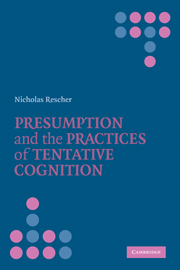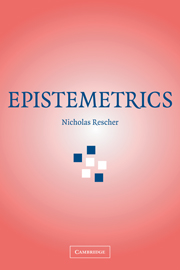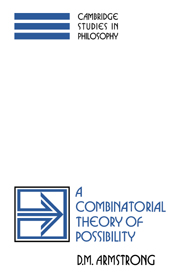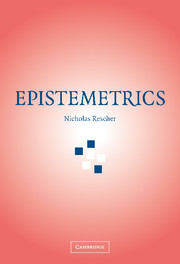Presumption and the Practices of Tentative Cognition
Presumption is a remarkably versatile and pervasively useful resource. Firmly grounded in the law of evidence from its origins in classical antiquity, it made its way in the days of medieval scholasticism into the theory and practice of disputation and debate. Subsequently, it extended its reach to play an increasingly significant role in the philosophical theory of knowledge. It has thus come to represent a region where lawyers, debaters, and philosophers can all find some common around. In Presumption and the Practices of Tentative Cognition, Nicholas Rescher endeavors to show that the process of presumption plays a role of virtually indispensable utility in matters of rational inquiry and communication. The origins of presumption may lie in law, but its importance is reinforced by its service to the theory of information management and philosophy.
- Was the first systematic treatment on an increasingly important topic
- Ties together manifest cases of cognitive science common to many areas of thought
- Offers a non-standard approach to fundamental issues in the theory of knowledge
Product details
No date availablePaperback
9780521349635
198 pages
229 × 152 × 12 mm
0.3kg
Table of Contents
- Preface
- 1. The legal roots of presumption
- 2. Presumption and burden of proof
- 3. Cognitive presumptions and truth
- 4. Validating cognitive presumptions
- 5. Presumption and inquiry
- 6. A default reasoning
- 7. Presumption and trust
- 8. Presumption and communication
- 9. Presumption in science and beyond
- 10. Specificity prioritization and the primacy of the particular
- 11. Dismissing extremely remote possibilities
- Conclusion.







